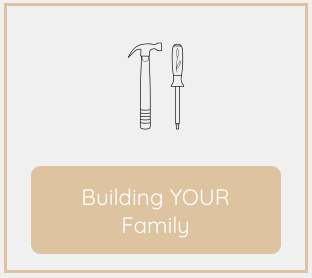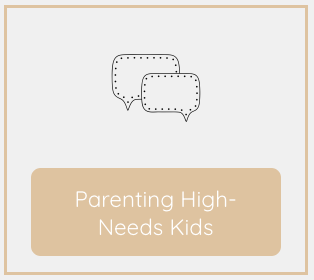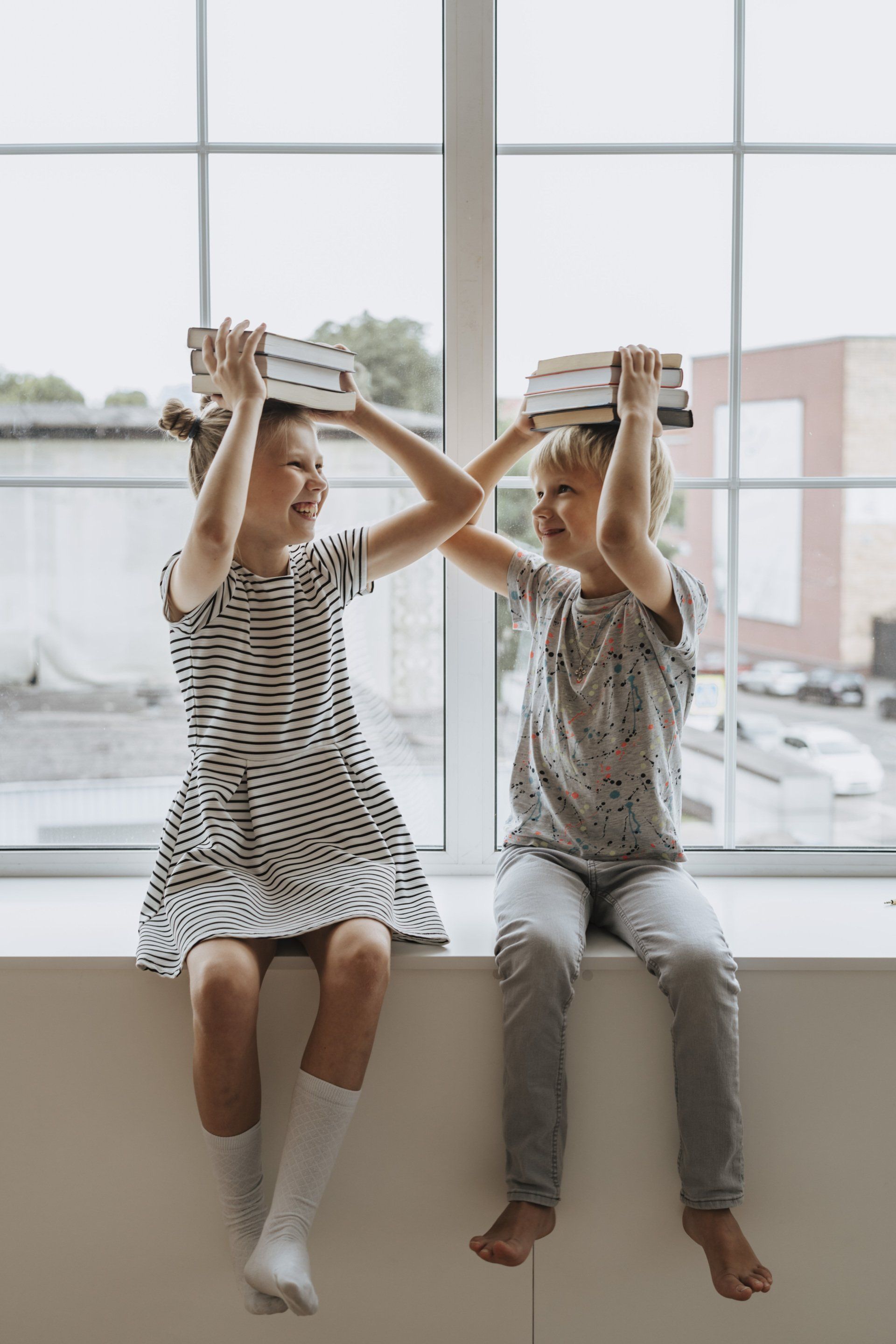Search results for 'pandemic' (25)

We all see memes on the internet, and we’ve even said similar things here on Modern Mommy Doc, that tell us self-care isn’t selfish. But I feel like we need to be very clear on this subject. Are there forms of self-care that can be selfish? As a maternal and child public health expert, I have to say there absolutely are. A new study in 2021 showed us that moms with children under 5 saw alcohol consumption increase a startling 323% from 2020-2021. Granted, a lot of people drank more during the pandemic, but moms were the group that saw the biggest increase. This same group stated having more than 7 drinks in a week or 3 or more drinks at a time.
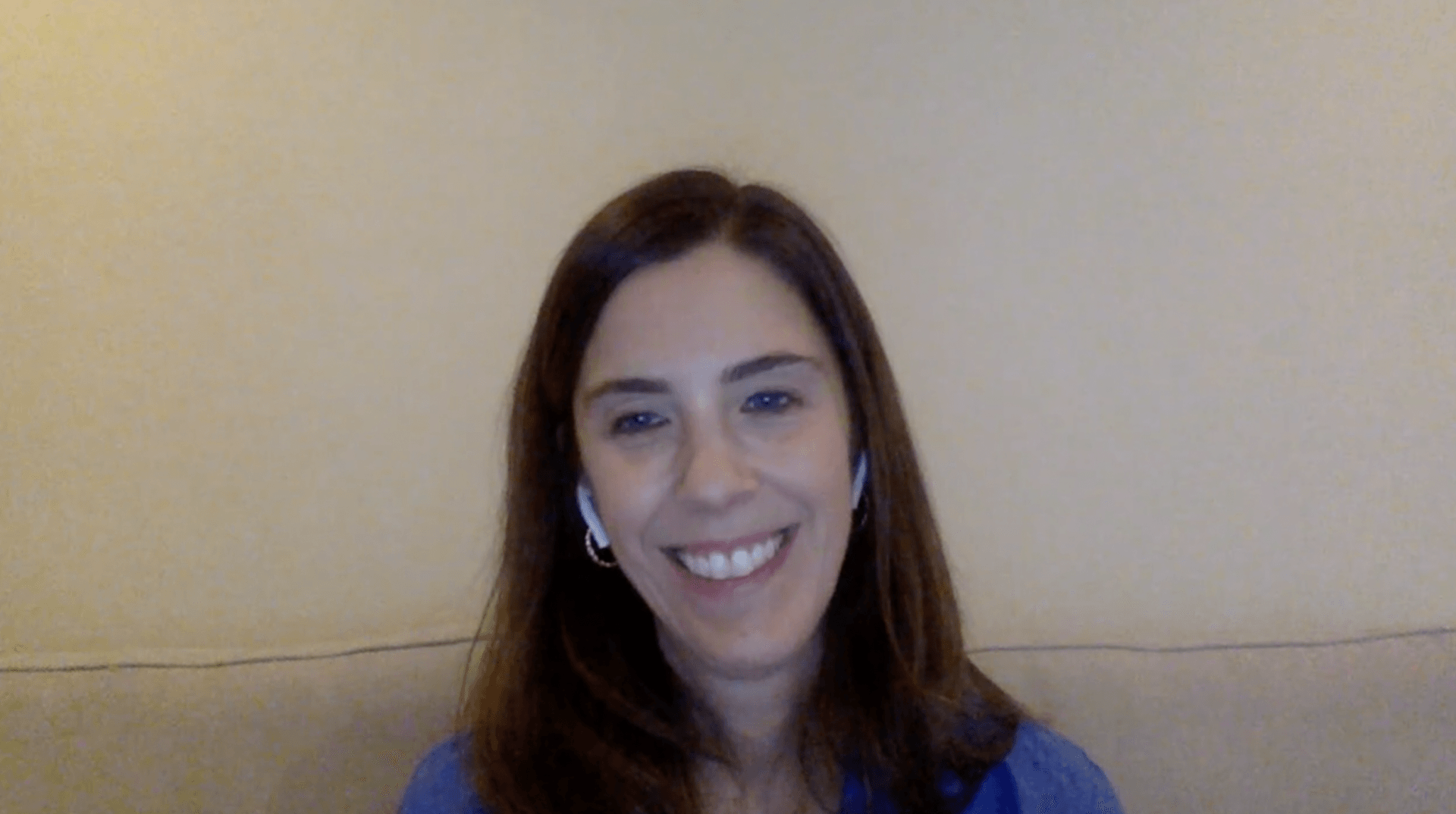
Key Takeaways: One of the hardest things for moms during the pandemic is that “it takes a village” was still true, but it was a lot harder to actually have a village. If you are experiencing signs of PPD, don’t wait until your doctor asks. Even if you feel they can’t help you, they can refer you to someone who can. Women feel much more out of control of their lives in the midst of this pandemic than they did 2 years ago. Learning to find out what you really want to say yes to will let you say no to the things that are only going to drain your time and energy. INSIDE THE EPISODE:
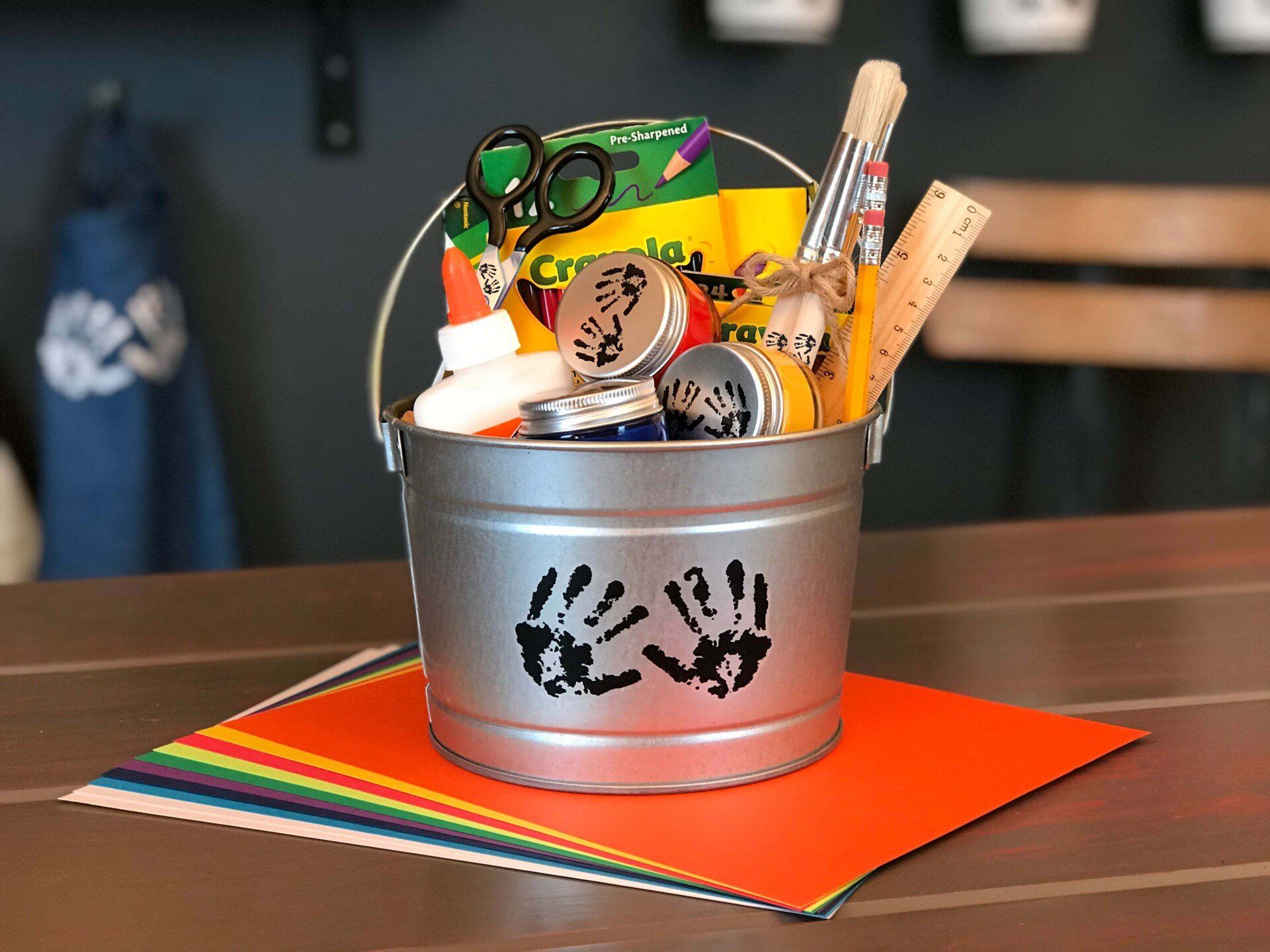
Children are quick to learn, and a great way to continue their learning experience is by creating a space for them to practice everything they’ve learned. A learning corner at home is a great way to help children exercise their minds outside the traditional classroom setting. And by dedicating a space in your home for the sole purpose of learning, children can benefit from their surroundings. So whether you want to dedicate a space for learning at home in Dallas, TX, or are thinking of upgrading an existing learning corner in Vancouver, BC, here are some creative ways to create a learning corner at home for kids.
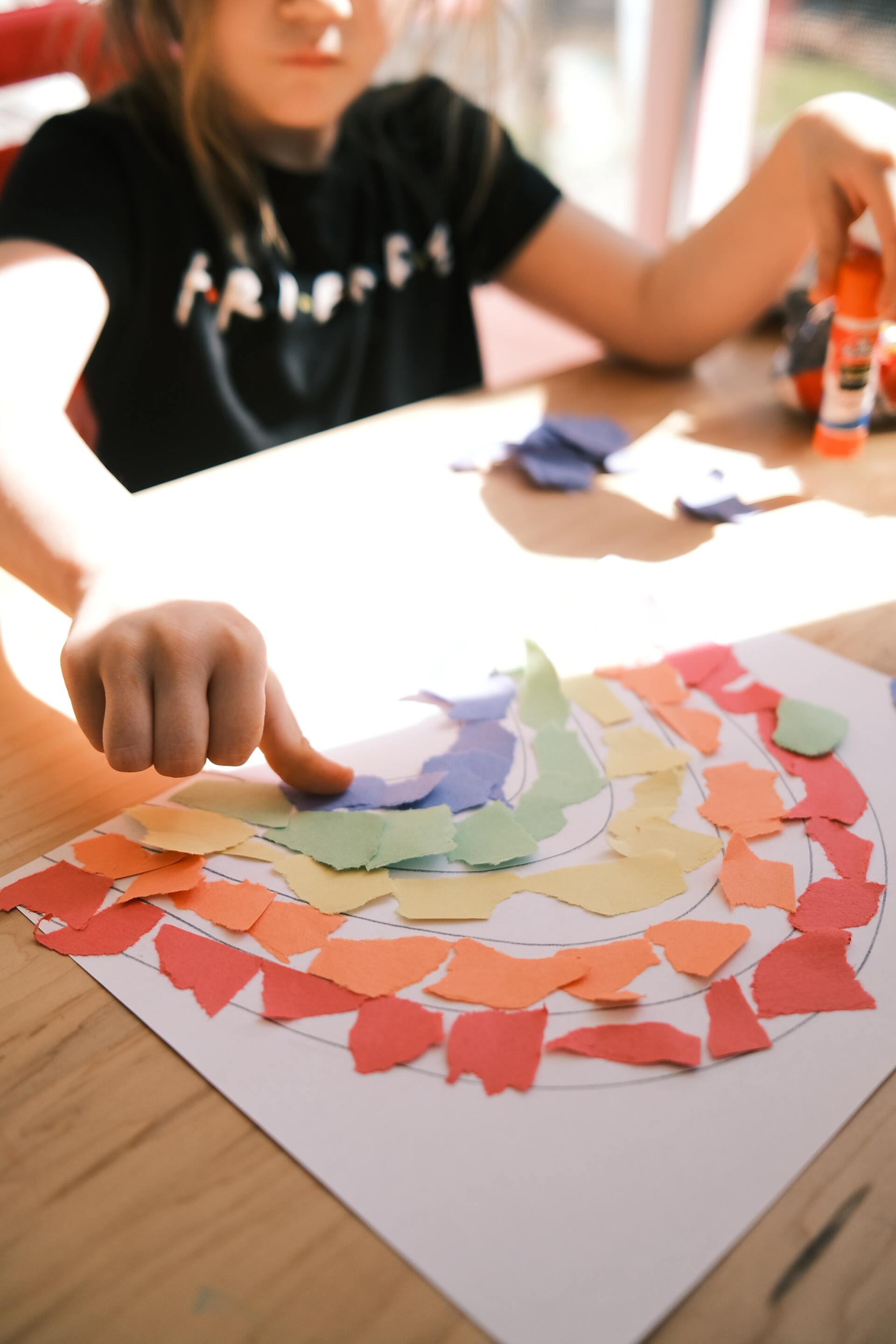
Apparently, there are two types of Mamas on the first day of school. There are the "First-First-day-of-School" Mamas, and then there are the seasoned "Just-Another-Year" Mamas. I know this because when my oldest daughter first started school, I ran into a friend who's daughter was entering first grade, and her son was entering 7th. My daughter was just getting started in Kindergarten! As I grabbed my coffee off of the barista bar, she said "Oh my goodness, seeing you totally reminded me that I need to get Katie's registration done." I thought to myself—"GIRL! I had that paperwork turned in to the office the day it opened!" Thought number two was, "And then I followed up by calling, AND emailing the office to make sure they received it, that I didn't miss a call from then, and to make sure that I wasn't missing anything." Thought number three was "I may have harassed my child's dentist to send the forms back asap!" It all sounded so rational in my head. (HA!) As I reflected on this with another Mama at our local park (who was also FREAKING OUT about first-day-of-school logistics) I realized something: My friend has done this for years, and I'll get there, too. It's almost as nerve racking sending your kids to school for the first time as it is for your kids to be going to school on their first day, right? Here's the thing. As a "newb" (as my daughter would call it) we're so afraid we're going to miss the train, or look bad, or forget something, that we begin to become a little overwhelmed and overthink something that will probably feel SO normal to us in the coming years. Advice? Let's just go with the flow and let the school direct us on what to do and when. After all, registration is open until it's closed. And the school supply list? Doesn't come out yet, Mama, so—REFRAIN! However, I've put together a list of things that I thought you'd definitely need! Here are our top 8 picks for the 2021 school year:
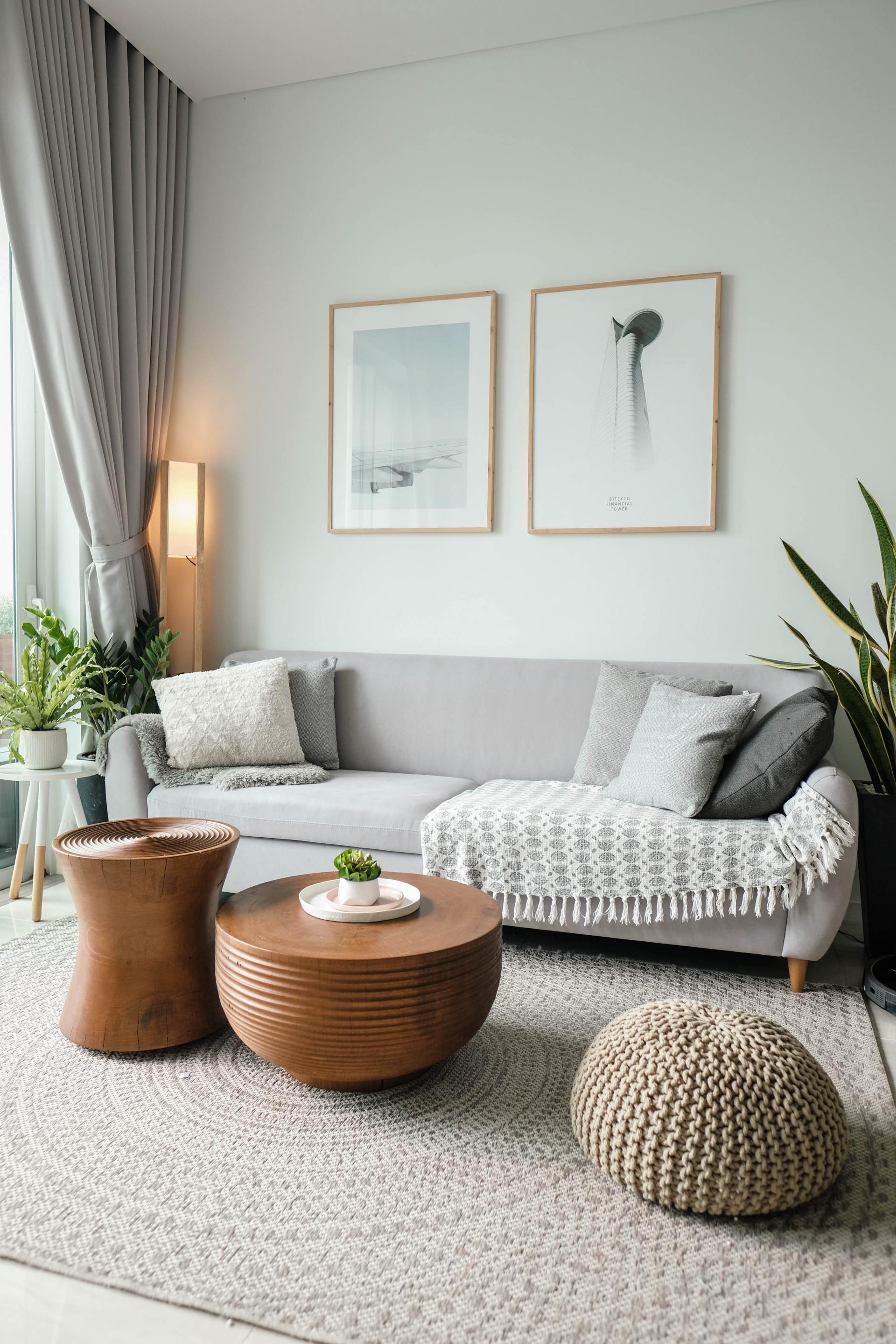
If there’s one good thing that came out of the pandemic, most parents would probably agree on the extended quality time spent with just those living under our own roof. With stay-at-home (and work-from-home) rules in place, and kiddos signing in virtually to their classes, the amount of family time was practically endless. Especially at first, this was a welcomed respite from the chaotic, carpool-fueled and activity-centric weekdays and weekends that were symptomatic of our pre-pandemic lives.
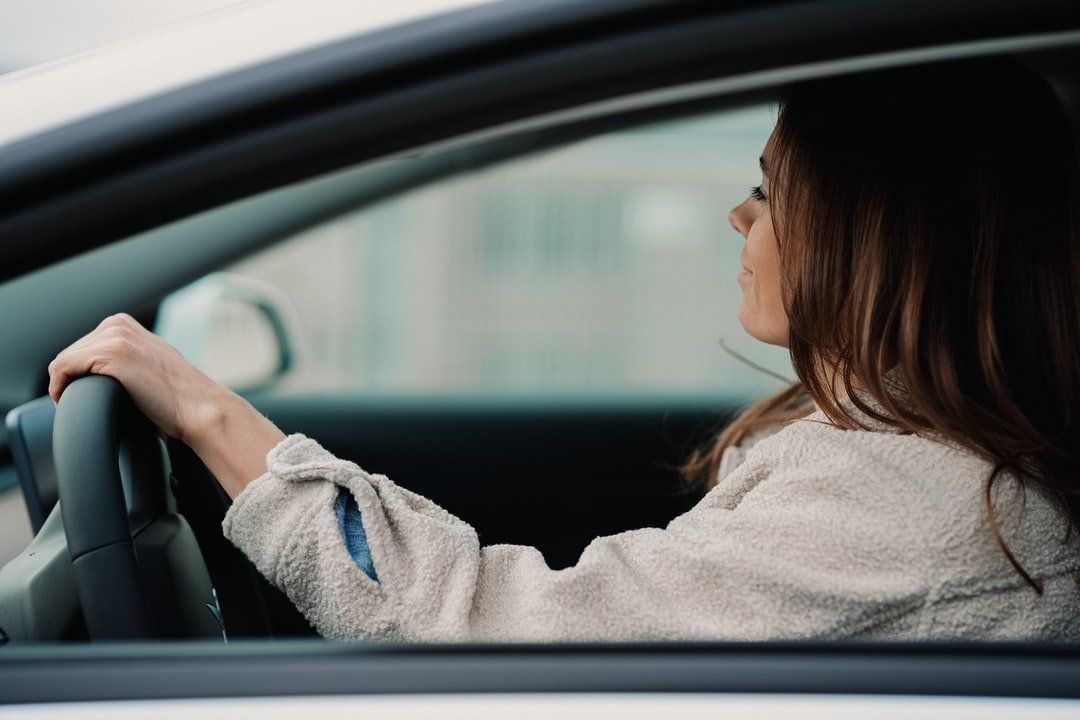
Some experts predict a Great Resignation on the horizon, with almost 30% of employees saying they’d rather resign from their positions than return to their in-office jobs post-pandemic. In other words, you're in good company if you'd rather not go back to in-person work. Remember this when you broach the subject with your boss. You never know, your boss may also be in the same boat as you and may offer even more empathy than you’d expect.

Review the AAP’s recommendations for traveling with kids younger than 12: Since vaccinations are not currently available for children under age 12, you may want to think twice about plane travel. The AAP recommends traveling by car whenever possible to limit the amount of people (and surfaces!) your child comes in contact with. Although, it seems so far the risk for severe COVID is small in children, there is still a risk.
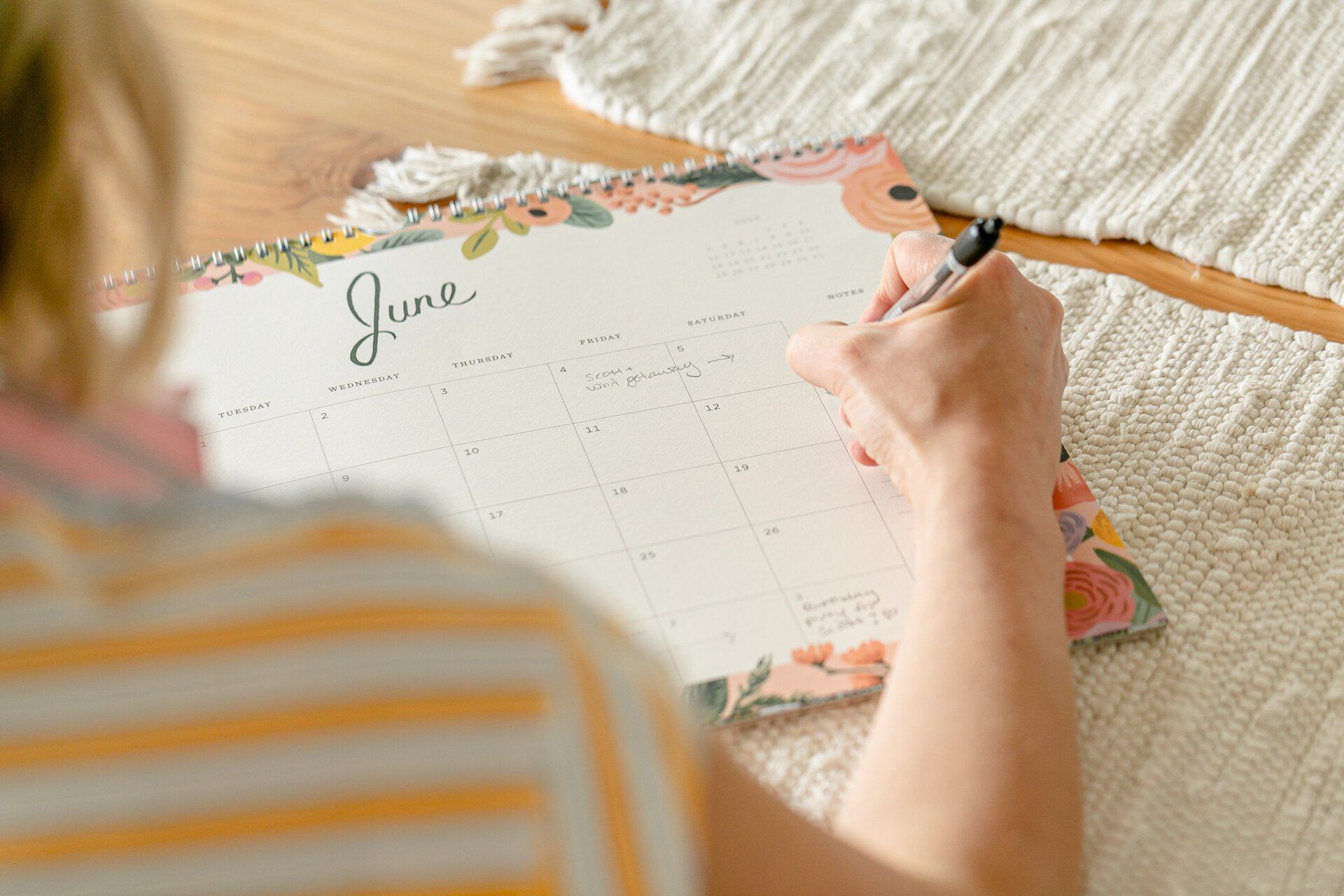
T his week, the CDC announced new guidelines for fully-vaccinated individuals in the U.S. and, while the news brought a collective sigh of relief as the end of a long pandemic suddenly seemed like more than a fairytale pipe dream, it also brought a new brand of anxiety for bone-tired working parents. It’s no secret that the pandemic impacted families profoundly—especially working moms who suddenly found their careers and the equity they’d worked so hard to establish with their partners slipping away—but what about post-pandemic life? How would they tackle that? What would corporations expect from their employees now that in-office workdays were a viable option? How would they reintroduce their kids to childcare? What about the effects of social isolation on their children and on themselves? When would they recover from the pandemic-induced emotional regulation concerns, screen addiction, and Groundhog Day languishing they suffered through over the last 14 months? COVID-19 made our parental juggling acts even more complicated and obvious, but, in the end, it showed just how much we all take on, in times of crisis but also in non-pandemic times. Back in 2019, when life was hectic and kids were overscheduled, I spent a lot of hours in my pediatrics clinic counseling parents on the value of paring down their children’s extracurricular activities, volunteer commitments, and school obligations—and their own. 2020 changed all that, even for those of us with young kids. There was suddenly no pressure anymore to sign up for piano lessons. The weekend birthday parties were all canceled. No one needed me to come to an in-person parent-teacher conference at 7:30 pm, thank goodness. Quarantine also had one other benefit: togetherness—a shiny diamond in a dark coal mine. Families took more time on Saturday mornings to make blueberry pancakes and sausage because there was nothing else to do. We went together on long walks because there just weren’t many other options. We read more. You could feel the simplicity, the exhale we were taking from our prior day-to-day. We had a fresh slate—a new, totally bizarre opportunity to flip the script on the hectic way we all lived pre-COVID. Our weekend and afternoon schedules were lighter, but, given the circumstances of our free time, the mood was palpably heavier throughout the week. Overnight our kids’ worlds were flipped upside down. Everything was suddenly a no—no school, no gymnastics, no playdates, no playgrounds. No, no, no. Closed, canceled, coronavirus. With togetherness came too much togetherness, a stifling, overcrowding from sharing space hour after hour, day after day. My sensitive firstborn, who needs structure and routine to mitigate her anxiety symptoms, wouldn’t even speak the word coronavirus (or let us speak it, for that matter) for 3 whole months. Like so many other kids I’ve worked with this during the pandemic, she regressed and acted out.
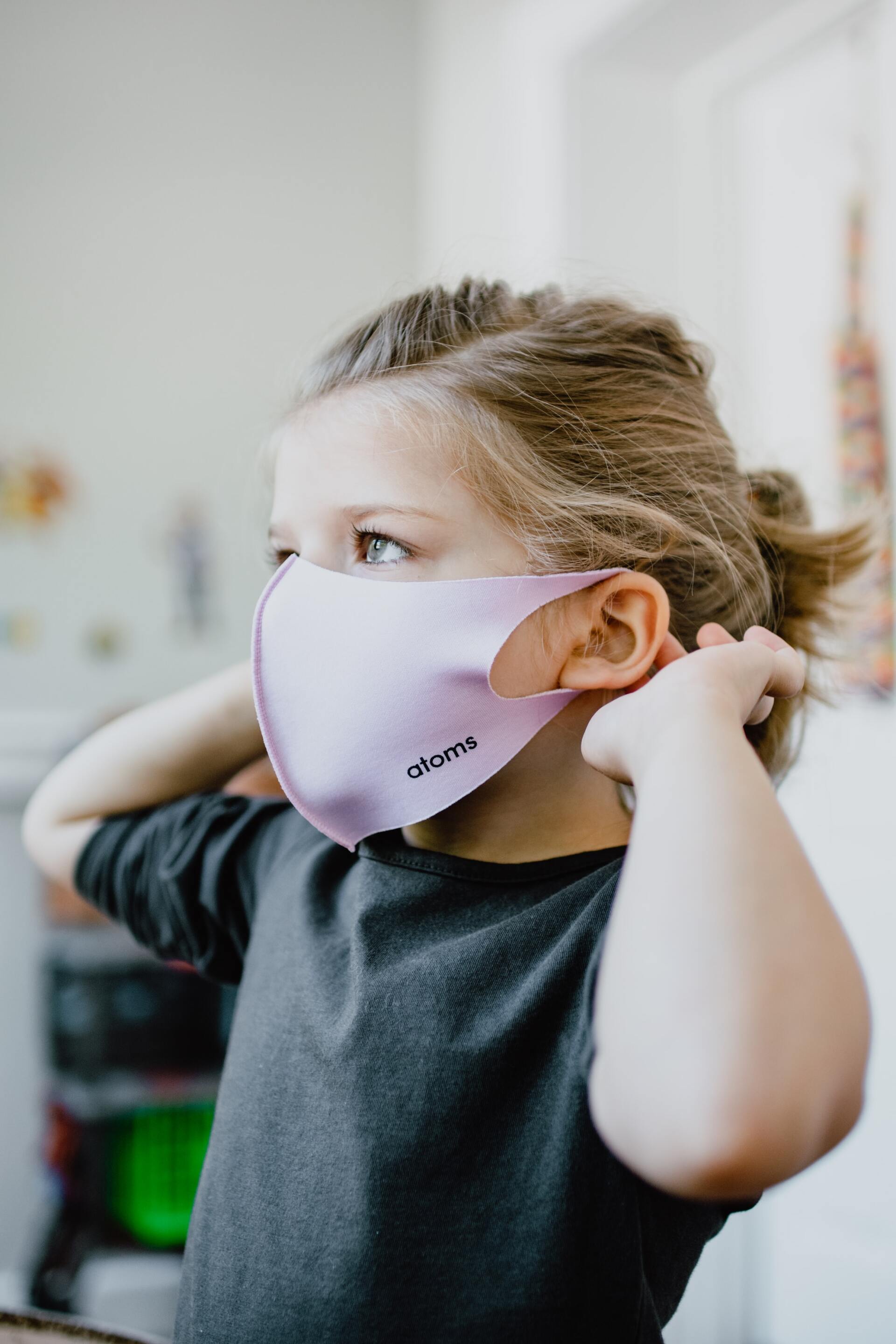
It’s so strange to think that, just 14 months ago, few of us even knew what a “coronavirus” was nor had we ever actually used the word “pandemic” in a sentence. Now, the latter is a daily occurrence and a constant reminder of the chaos that’s become a normal facet of life ever since. It almost feels like that past year and a few months have flown and crept by all at the same time. One thing is most definitely for sure: the pandemic has given us a new perspective on just about everything, from a hug with a loved one to actually having a reason to get dressed and head outside of the house on the regular. As we start to prepare for life post pandemic, what changes from lockdown do you hope remain in post-pandemic life? Last March, my initial reaction to the onset of the pandemic was “ Holy cow—is this real life?” This was quickly followed by immense gratefulness for the simplest of things—my health, the health of my family, the roof over my head, the food in my pantry, the giant stack of toilet paper in my basement… At a time of feeling like there was so much to complain about—namely no longer having access to any childcare and feeling like I couldn’t safely leave my house, let alone scrap together some “me time”—I also felt particularly humbled. What was I really missing in the scheme things, and how beyond lucky was I to be safe, healthy and alive? This swift shift in perspective is something I think we can all relate to. We all started to enjoy the simpler things in life because that’s really all that was left when everything else shut down. We embraced family dinners, even though they only involved the members of our households. We experienced way less pressure to make the most of our weekends and actually embraced sitting on the couch with our Netflix cue lined up. We ordered takeout more instead of cooking because #supportingsmallbusinesses felt more important than ever. Our work environments became more flexible, as we all experienced a greater understanding of each other’s family issues. We adapted to the concept of virtual doctor’s appointments, which actually fit into our work and life schedules much more easily, and also made asking the pediatrician a silly question a non-issue. As excited as I am about life resuming post-pandemic, I do have to admit that there are some changes from lockdown that I hope remain in our new normal.

There are countless parenting sayings and cliches, but one that rings the most true for so many rookie and veteran moms and dads is “it takes a village.” Over the past year, however, this time-honored tagline was put to the test as everyone’s apparent “village” was ripped from around them in the name of social distancing and COVID safety protocols. In short, support systems aren’t—and can’t—be what they were meant to be; what they were built to be for us as we raise the world’s next generation.

It’s hard to believe that we’re passed the one-year mark since the onset of the pandemic that catapulted us into an entirely new way of life and challenged nearly everything we once considered as “normal.” We moms, dads, and caregivers felt the ramifications and the weight of all of these changes perhaps more than anyone else, as we struggled to coordinate childcare, hold steady to our jobs and grapple with this new, anxiety-inducing way of life.
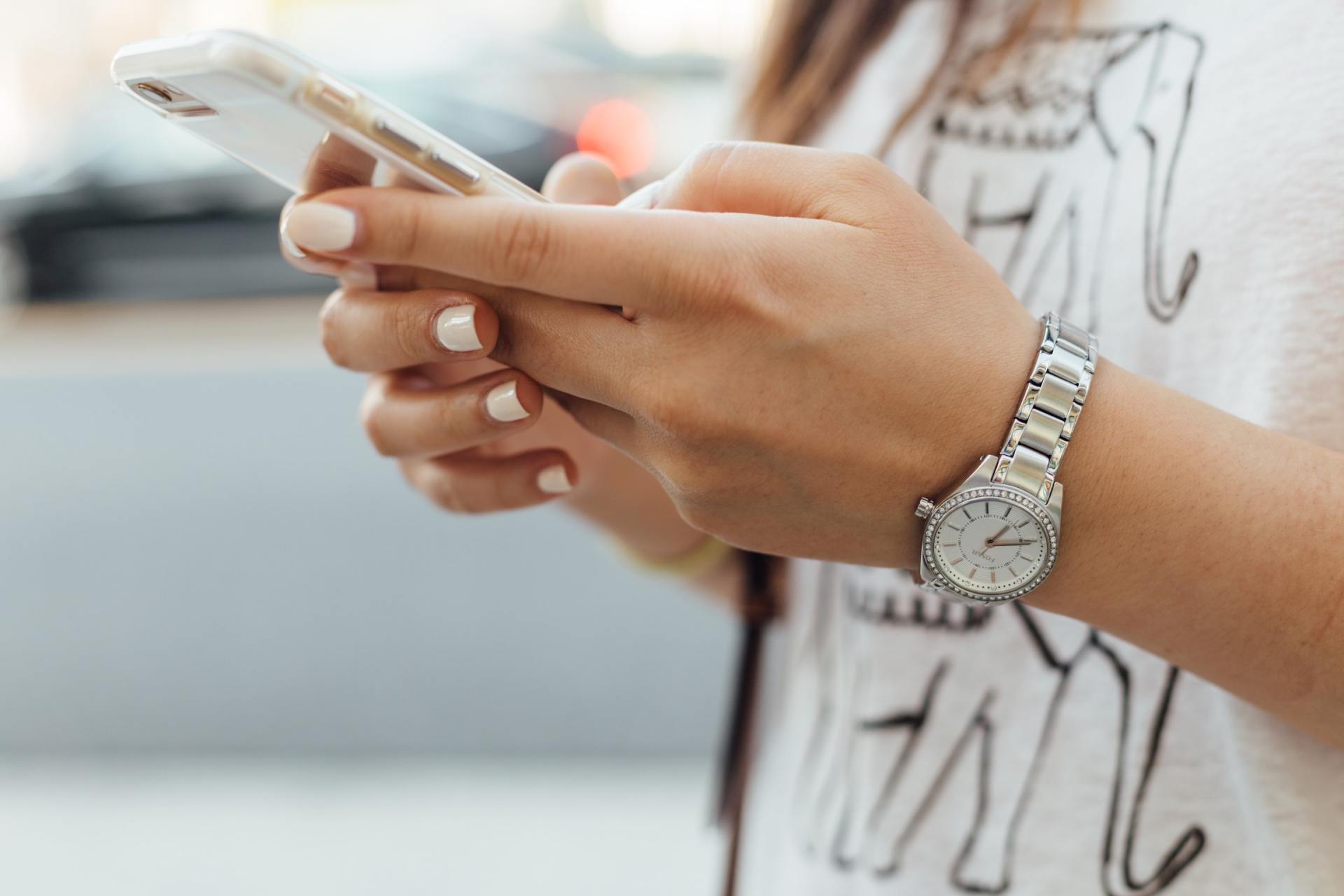
If the title of this blog has you thinking this is another blame-technology-for-all-of-society’s-ills story, don’t worry: it’s not. (The internet is already full of those.) But last week I shared a post about how I sometimes find it difficult to be alone with myself, to not seek out distraction in work or kids or life but to just be . And since technology is usually the scratch to our itch for distraction, it’s time to call out the elephant in the room. How are we supposed to balance conscious parenting, which requires calm, intentional interactions, with the perpetual singing, dinging, and ringing of our phones and other devices? CALLED OUT (BY MY KIDS!) Humans’ emotional dependence on technology is well-documented, but you only have to look up from your phone to see evidence of it yourself. The toddler playing with a tablet in his stroller, the gaggle of tweens at the mall hanging out together but each engrossed in her own phone, the guy ahead of you at Starbucks who doesn’t look up from his screen to order — yeah, tech-addiction is real. And that doesn’t even include our new, pandemic-friendly virtual lifestyles! Like every other family trying to make it through remote school and social distancing, we’ve been relying on screens more than usual at Camp Casares. That means that, as much as my husband and I are on our daughters with reminders like, “This is your last episode of Barbie Life in the Dreamhouse for the day,” they’ve got our number. We were playing a game last night around the dinner table where each of us got to do an impression of the other members of the family. When it was my youngest daughter’s turn, she picked up my AirPods, swiped my phone, and held her arm to the sky like the Statue of Liberty. “Hey, I’m Mommy, and I have a very important meeting. Let me check my calendar and read an email real quick.” My oldest chimed in, “I’m Daddy, and I have a football game to watch!” I blushed, but their impersonations were not far off. Just like my kids, I find it hard to land on something more active, healthier, and less addictive to do with my time than scroll through my phone. FINDING BALANCE So yes, technology is a big part of the problem when it comes to distracting ourselves. But it can also be part of the solution. If our goal is to thrive in motherhood, our challenge is to balance outside responsibilities with the priorities that bring us joy . And unless you have a household staff at your disposal, technology is often your ticket to outsourcing. Bills? Autopay. Groceries? Instacart. Staying in touch with family and friends? Take your pick: FaceTime, Zoom, Google Meet — it’s all good. And then, of course, there’s social media, which, when used occasionally and intentionally, makes it possible to stay up to date with friends and family around the world. In this day and age, we can’t “digital detox” for any real length of time. We can’t swear off smartphones or refuse to join Zoom meetings. But, as with all indulgences, we CAN practice moderation. So, the question becomes, When is our use of technology not helping but harming our efforts at conscious parenting? For me, it’s those tough after-school hours when homework needs to be done, dinner needs to be made, and everyone is a little cranky. It is so much easier, so much more tempting, to check my social feed than to mediate an argument among my daughters, or to teach a math concept I barely remember to my daughter who’s barely interested. That’s the moment, Mama! Even though your situation may look different than mine, this is the kind of moment when we have a choice. We can gratify that urge for distraction...or we can immerse ourselves in the present.
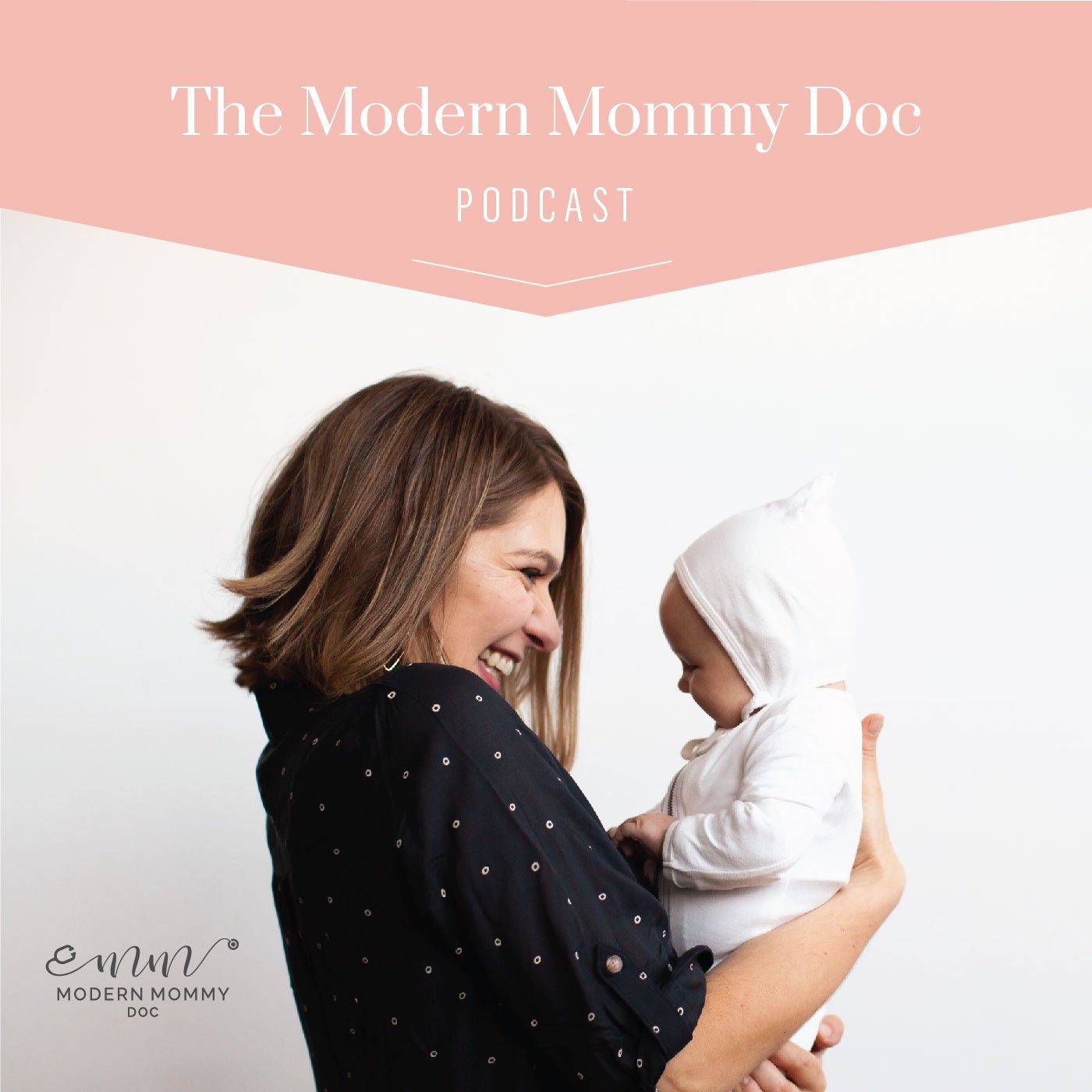
We all have a lot going on. Maybe you’re trying to get ahead in your career while trying to be the best mom and partner you can be. Or maybe you’re managing everything at home and don’t feel like you ever get a break. Or maybe, you’re trying to be everything to everyone - and feel like you’re failing at all of it. I’ve been there, feeling overwhelmed and conflicted, and like I couldn’t possibly keep all these balls in the air and maintain my sanity at the same time. That’s why in this episode, I’m talking about how we can go from being overwhelmed and conflicted, to feeling aligned and centred. I’ll be diving into the first step towards a centred life from what I’ve learned on my personal journey - from sobbing in the shower to feeling like I had some balance in my life. If you feel like your life is out of alignment, like you have no balance as you try to decide where to place your time, your energy, and your body, this episode is for you. You are not meant to feel guilty or wishful all the time. You deserve better. You deserve change. And mama, you are meant for more. Resources Mentioned: The Mindful Mamas Club

Do you ever feel like you are being forced to choose between your family and your career? Colleen Curtis, Chief Community Officer at the Mom Project, joins me today to discuss how they are working towards a future where women no longer have to choose. The Mom Project is a digital marketplace that connects family-friendly employers who ”get it” with moms who are looking for more work-life balance without the guilt - because we all have enough of that already! Colleen will share why the Mom Project was created, how COVID-19 has exacerbated the caregiving crisis that was already present before the pandemic, and what they’ve found in the research about gender inequity in the home when it comes to working moms still doing the lion’s share of the parenting. We’ll also discuss the silver linings that have come from COVID-19 (yes, there are some!), such as 55% of women being able to de-tether from toxic workplaces by working remotely, and how the pandemic has been the catalyst that has exposed all the flaws that have been weighing so heavily - and often silently - on working moms for so long. Visit the Mom Project Website: The Mom Project Connect with Mom Project on social: Facebook LinkedIn Instagram Twitter Other Resources Mentioned: Fair Play: A Game-Changing Solution for When You Have Too Much to Do (and More Life to Live) by Eve Rodsky

When nothing is certain, anything is possible. There’s a reason why Googling this quote yields more than a billion results. (Seriously.) Its optimism in the face of uncertainty — or even adversity — suggests that things can be dramatically different if we want them to. Like, if the hamster wheel of 2020 (sleep, eat, work, repeat) isn’t serving you, then all you have to do is open the door to change. And, to some extent, that’s true. The first important step toward any transformation is opening your mind to new possibilities. But it’s equally important to follow up this inspiration with the hard work of making the changes you want a reality. Goals vs. Priorities Working toward a goal is something I think most parents can relate to. Whether in your career (hello, medical school!) or your family, life can be deceptively clear-cut sometimes. Why deceptive? Because so often the real things we want in life don’t follow a straightforward path. Take my life, for example. Becoming a doctor — something I decided on when I was in high school — required a pretty direct if challenging set of boxes to tick. Grades, entrance exams, applications, medical school, residency, and then presto! I was a doctor. But other challenges, like paying for said medical school, required more circuitous solutions. When my husband, Scott, and I started married life, we also started graduate school. Both of us. At the same time. I can’t really tell you what we were thinking. We absolutely took the loans seriously — we ate big-box-store samples for lunch practically every Sunday during those years and lived in subsidized, un-glamorously cramped student housing. But I think we also figured that, as a doctor and a physical therapist, we would be making good money when all was said and done and that we’d be just fine. More than a decade later, I was a seasoned practitioner and Scott was the director of his physical-therapy clinic. We’d paid off some of the debt. But as the loan bills slowly (so slowly!) decreased, other bills (childcare, mortgage, etc.) began to rise. It was soul-crushingly untenable. But we slogged on. We knew that our finances were not ideal, but at the same time, we weren’t really clear on what we wanted (beyond being debt-free) or how to get there. Then, one spring morning it came to me. I was immersed in a beautiful, peaceful moment of motherhood. My sweet baby was wrapped up tight on my lap, her little legs folded against my belly, her head resting on my chest. And I suddenly realized that, even with that small human being pressed tightly against me, what made that moment so precious was its freedom . I craved the freedom to choose, broadly speaking, how I lived my life and spent my time. I wanted the freedom to truly live according to my priorities. This wasn’t about setting one goal to attain or delete something in my life. This was a realization that the way I was living my life needed to change.
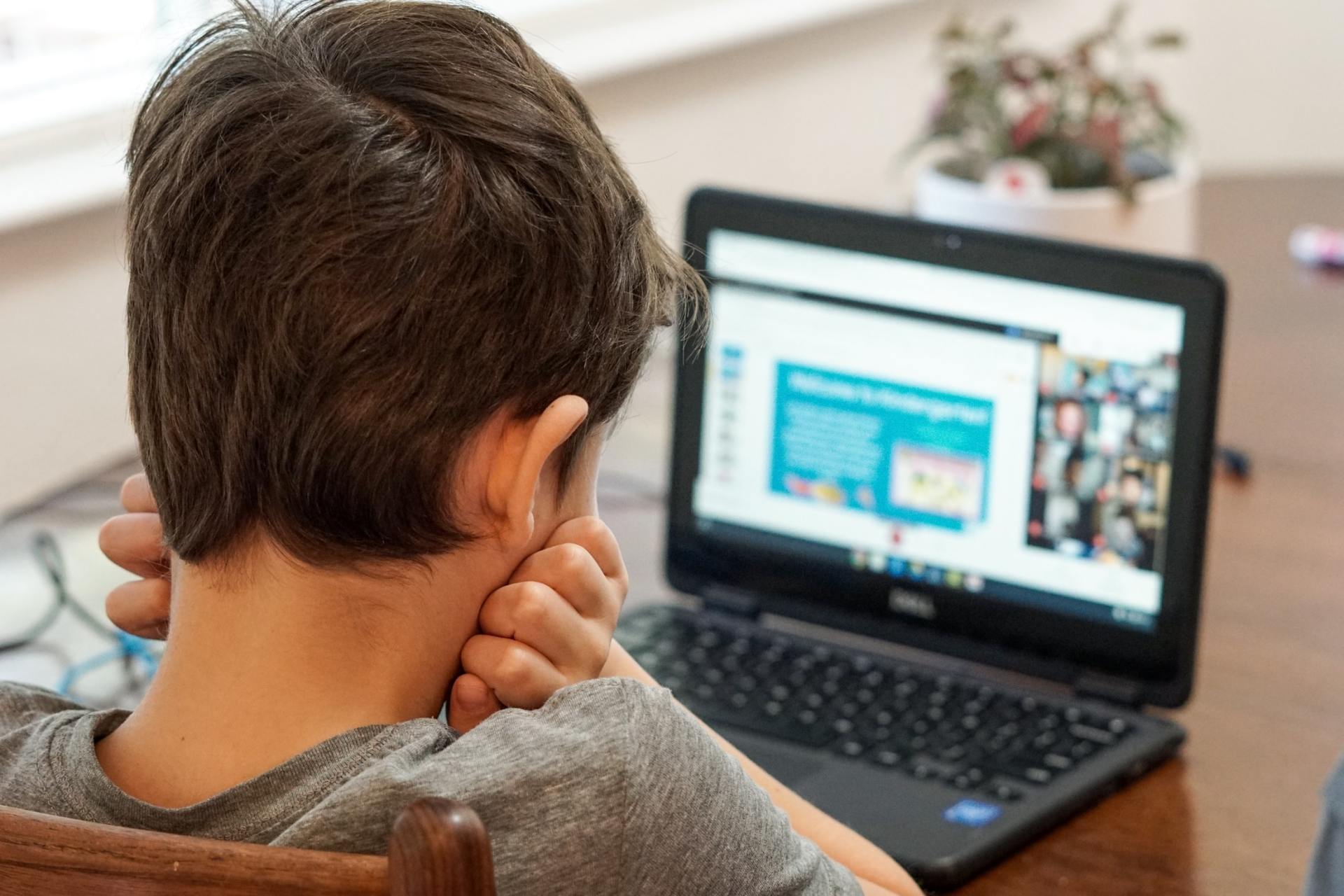
It was one of the highlights in an otherwise bleak year: That BBC interview when Professor Robert Kelly was candidly interrupted by one and then both of his young children while on live TV. Kelly himself seemed unimpressed by his children’s arrival, acknowledging their exuberant presence with only apologies to his colleague. But the rest of the world exploded with a bemused sense of relief. “Don’t sweat it,” all the comments, Tweets, and reshares seemed to say. “We’ve been there, too.” And really, what parent hasn’t? Balancing motherhood and work has always been a topic with evolving answers. But doing it from home adds a layer of complexity that seems to frequently result in bloopers you couldn’t make up. For my family, it wasn’t live TV — but it was a live classroom setting. “Fart, flop, doodle!” I was downstairs when I heard it. “‘Fart, flop, doodle,’ I said!” My 7-year-old and I had spent the previous 10 minutes trying to log on to her class’s Google Meet session, and I was coming off the adrenaline rush of trying to get it to work. Finally we were on! And then, as if on cue, my preschool daughter’s voice started booming from upstairs. She was playing with her dolls, oblivious to the fact she was also on camera. Half-dressed, she came bounding down the stairs. “Lulu! Fart, flop, doodle to you!” It wasn’t just once in the background. Oh no. She repeated it over and over. And over. I don’t know where the phrase, “Fart, flop, doodle,” came from. A show? A friend? Either way, an entire second-grade class suddenly got a very specific impression about the goings-on at the Casares household. It was my own Robert Kelly moment, and I had a choice. I could pretend like it wasn’t happening. I could excuse myself and sternly remove my younger daughter from the room. Or I could find the humor in this unique parenting moment. Sheepishly, I grinned into the camera, shrugged my shoulders, and joined in the chorus of giggles. A PANDEMIC PLUS? If there is a silver lining to this pandemic, it may just be the wake-up call the rest of the world is having right now about how hard it is to raise happy kids while holding down a career. What caregivers have been doing forever, in other words, is now something a lot of people are discovering for the first time. The put-on-a-movie-so-I-can-take-this-call strategy. The schedule-the-Zoom-meeting-during-the-nap approach. The stay-up-until-midnight-working solution so you can spend most of the day caring for people who literally depend on you for survival.








